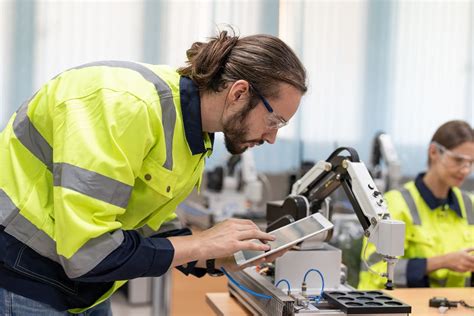How AI transforms the prevention of fraud in defi
The decentralized financial ecosystem (DEFI) has exploded in recent years, with new projects and platforms emerging every day. However, this growth also includes a significant risk of fraud. While DEFI continues to evolve, it is essential for intelligent contracts, loan protocols and other DEFI requests to implement robust security measures to prevent financial losses due to fraudulent activities.
Artificial intelligence (AI) plays a crucial role in resolving the question of prevention of deffi fraud. AI systems can analyze large amounts of data from various sources, identify models and detect potential threats before becoming incidents. In this article, we will explore how AI transforms the prevention of fraud in DEFI.
The problem of fraud in defi
DEFI platforms often rely on smart contracts to facilitate transactions, loans and other financial activities. However, the decentralized nature of these systems makes it difficult for users to check the identity of borrowers or lenders. This lack of transparency increases the risk of fraudulent activities, such as:
- Identity flight : hackers can pretend to be legitimate users and obtain access to sensitive information, including connection identification information and financial data.
- Ponzi diagrams : DEFI platforms can be targeted by crooks who create false intelligent contracts to whiten funds or provide a false promise of high yields.
- Loan scams : borrowers can be lacking on their loans due to false or misleading marketing, causing significant losses for lenders.
How AI helps prevent fraud
AI systems can detect and prevent fraud in DEFI by analyzing various factors, including:
- Transaction models : Automatic learning algorithms can identify unusual transaction models that may indicate a fraudulent activity.
- Vulnerabilities of intelligent contract : AI can scan intelligent contracts for potential vulnerabilities and alert developers to problems that could be exploited by pirates.
- User behavior : AI systems can monitor user behavior, such as connection attempts and loan applications, to detect suspicious activity.
Several DEFI projects take advantage of AI to prevent fraud:
- OpenSsea (AML)

: OPENSEA anti-flow system developed a complete AML system using automatic learning algorithms that analyze transactions for suspicious models.
- AUDIT OF THE UNISWAP intelligent contract: UNISWAP uses automated intelligent contract audit tools to detect vulnerabilities and prevent exploits.
- ** AAVE loan risk assessment: AAVE uses risk assessment tools powered by AI to assess loan requests and identify potential risks.
Advantages of the prevention of fraud fueled by AI
The use of AI in the prevention of DEFI fraud offers several advantages, in particular:
- Improvement of safety : AI -powered systems can detect and prevent fraudulent activities more effectively than traditional methods.
- Reduced risk : By identifying and attenuating potential threats from the start, DEFI platforms can minimize the risk of financial loss due to fraud.
- Increased efficiency : Systems fueled by AI can automate tasks, such as data analysis and risk assessment, releasing human resources for more critical tasks.
Future challenges and instructions
While AI has shown a lot of promises to prevent defi fraud, there are still challenges to take up:
- Evolution : The current solutions fed by AI may require a significant computing power, which can lead to evolution problems.
- Data quality
: The quality of the data used by AI systems is essential to their effectiveness. Incoherent or incomplete data can lead to inaccurate results.
- Regulatory executives : clear regulatory directives are necessary to support the use of AI in the prevention of DEFI fraud.